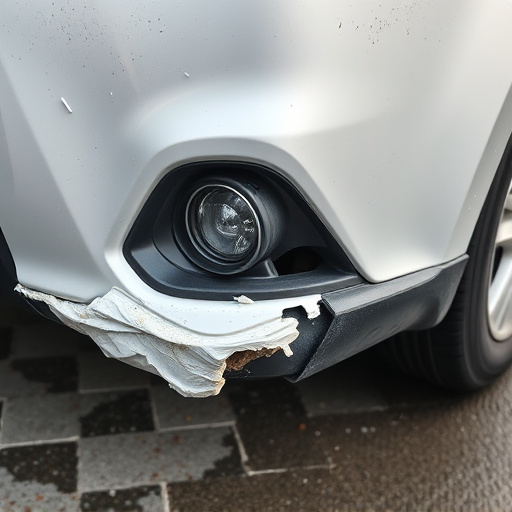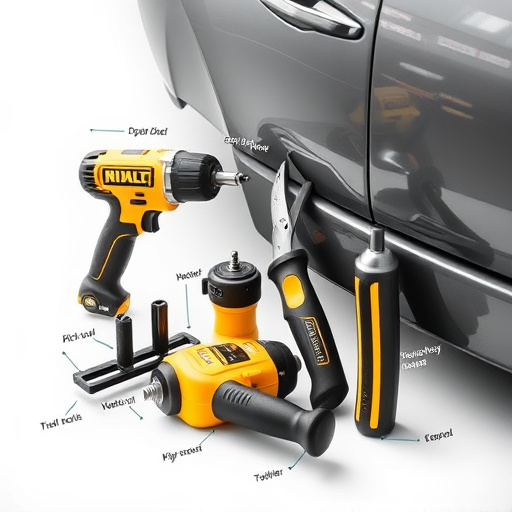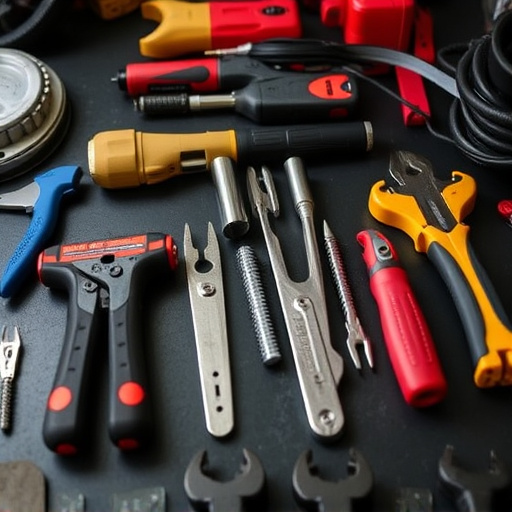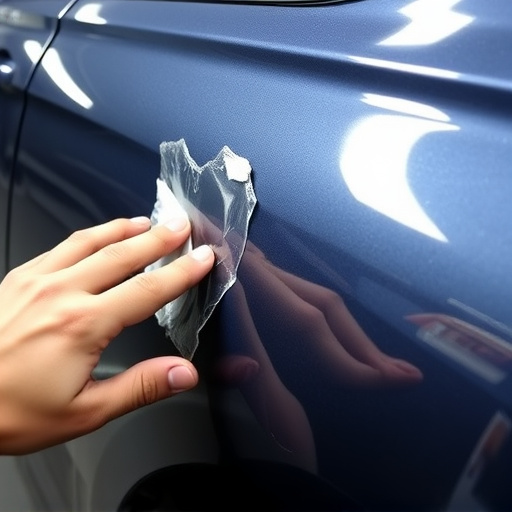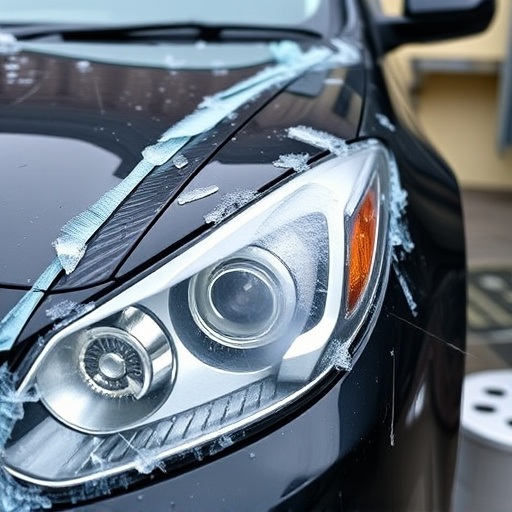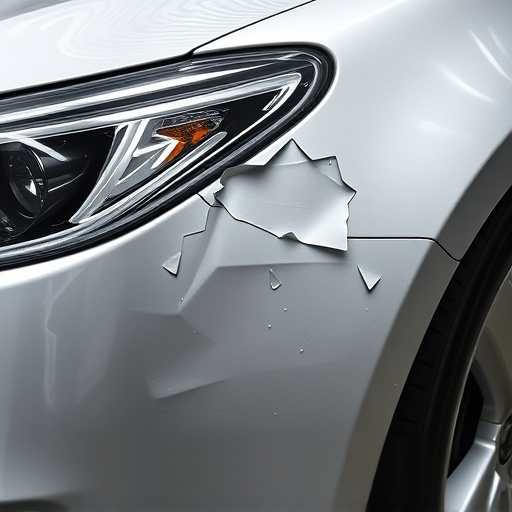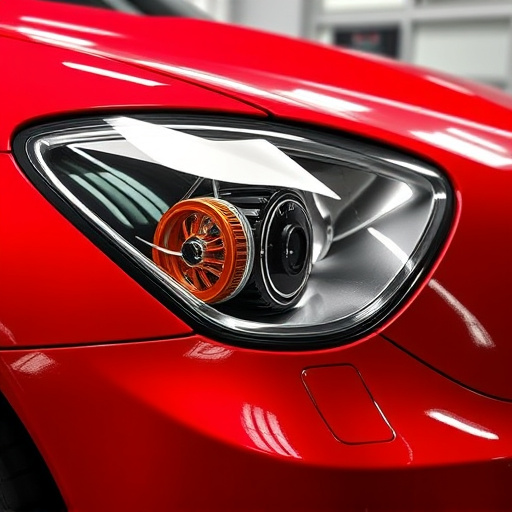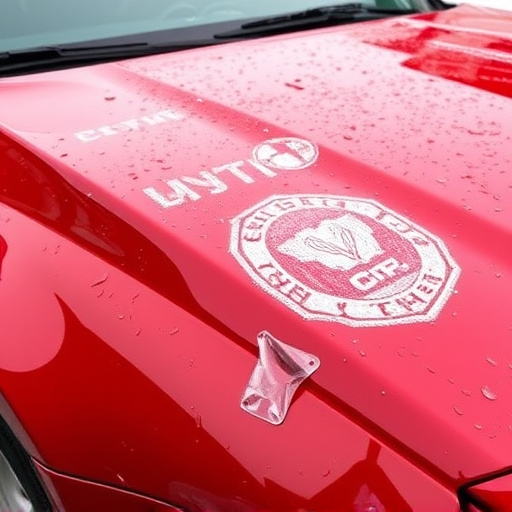Repair performance testing is a vital, yet often overlooked, process that assesses the quality of vehicle repairs, particularly focusing on structural elements like frames and bodies. This meticulous evaluation ensures vehicles return to pre-accident conditions, maintaining safety and integrity. Advanced auto frame repair techniques significantly impact resale value by enhancing safety features and reducing future damage risks, making them more appealing to potential buyers in the secondary market. Effective repair performance testing is key to maximizing vehicle value, preventing costly repairs, enhancing customer satisfaction, and preserving cars' resale value in a competitive market.
The unseen quality that significantly influences a vehicle’s resale value is repair performance testing—an essential aspect often overlooked in the automotive market. This article delves into how effective testing procedures can enhance or deter a car’s future value, focusing on the direct connection between repair quality and resale. Understanding this link is crucial for both consumers and professionals, offering valuable insights to maximize vehicle retention value through strategic testing methods.
- Understanding Repair Performance Testing: The Unseen Pillar of Vehicle Value
- How Repair Quality Impacts Resale: A Direct Connection
- Strategies for Effective Testing: Maximizing Vehicle Retention Value
Understanding Repair Performance Testing: The Unseen Pillar of Vehicle Value
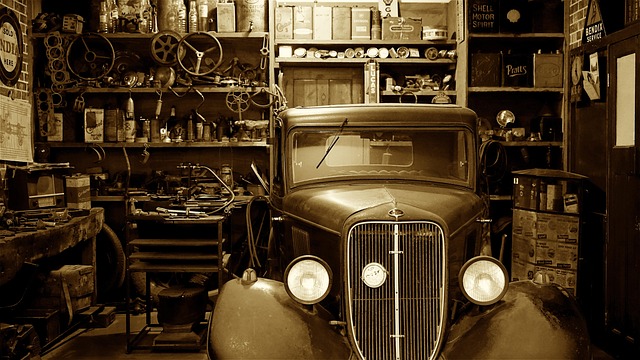
Repair performance testing is a crucial aspect often overlooked when discussing vehicle value and resale. It involves evaluating the quality and efficiency of repairs made to a car’s structural components, such as the frame and body. This unseen pillar of automotive value ensures that every repair accurately restores the vehicle to its pre-accident condition, maintaining its safety and integrity.
In an automotive body shop or car body restoration facility, the expertise lies not only in fixing visible damages but also in ensuring hidden structural elements are correctly aligned and reinforced during the repair process. Auto frame repair techniques play a pivotal role here, as they directly impact a vehicle’s resale value. By accurately testing repair performance, professionals can guarantee that cars return to the road with enhanced safety features and reduced risk of future damage, making them more attractive to potential buyers in the secondary market.
How Repair Quality Impacts Resale: A Direct Connection

The quality of collision repair services plays a pivotal role in determining a vehicle’s resale value. When a car undergoes auto body restoration with meticulous attention to detail and utilizing advanced repair performance testing methods, it not only restores its structural integrity but also preserves its market value. Conversely, subpar repairs or inadequate auto body restoration can lead to visible signs of damage, reduced longevity, and lower resale prices.
Repairs that don’t meet the required standards often result in compromises that are readily apparent to potential buyers. Repair performance testing ensures that every fix is done correctly, aligning the vehicle’s condition with its original state as closely as possible. This direct connection between repair quality and resale value underscores the importance of prioritizing comprehensive collision repair services for anyone looking to maximize their investment in a used car.
Strategies for Effective Testing: Maximizing Vehicle Retention Value

In the realm of auto repair services, effective testing strategies are paramount to maximizing vehicle retention value. Repair performance testing goes beyond simply ensuring that auto repair shops deliver quality work; it involves a comprehensive approach to evaluating every aspect of the repair process, from initial assessment to final handover. By integrating advanced diagnostic tools and meticulous inspection protocols, auto detailing professionals can identify potential issues early on, preventing them from escalating into costly repairs down the line. This proactive strategy not only enhances customer satisfaction but also contributes significantly to preserving the resale value of vehicles.
Furthermore, focusing on vehicle bodywork restoration as part of repair performance testing is instrumental in achieving optimal results. Meticulous attention to detail during auto detailing sessions can reveal hidden damage or subpar workmanship that might otherwise go unnoticed. Regular testing and quality control measures ensure that every vehicle leaving the shop meets high standards, reflecting positively on both the repair shop’s reputation and the vehicle’s subsequent resale value. In a competitive market where first impressions matter, these strategies become game-changers in attracting and retaining customers.
Repair performance testing is not just a technical process; it’s a key strategy to ensure vehicle longevity and maximize resale value. By understanding how repair quality directly influences market value, automotive professionals can implement effective testing strategies. This, in turn, fosters consumer confidence, enhances brand reputation, and ultimately contributes to the overall health of the pre-owned car market. Incorporating robust repair performance testing practices is a game-changer for retaining vehicle value over time.
